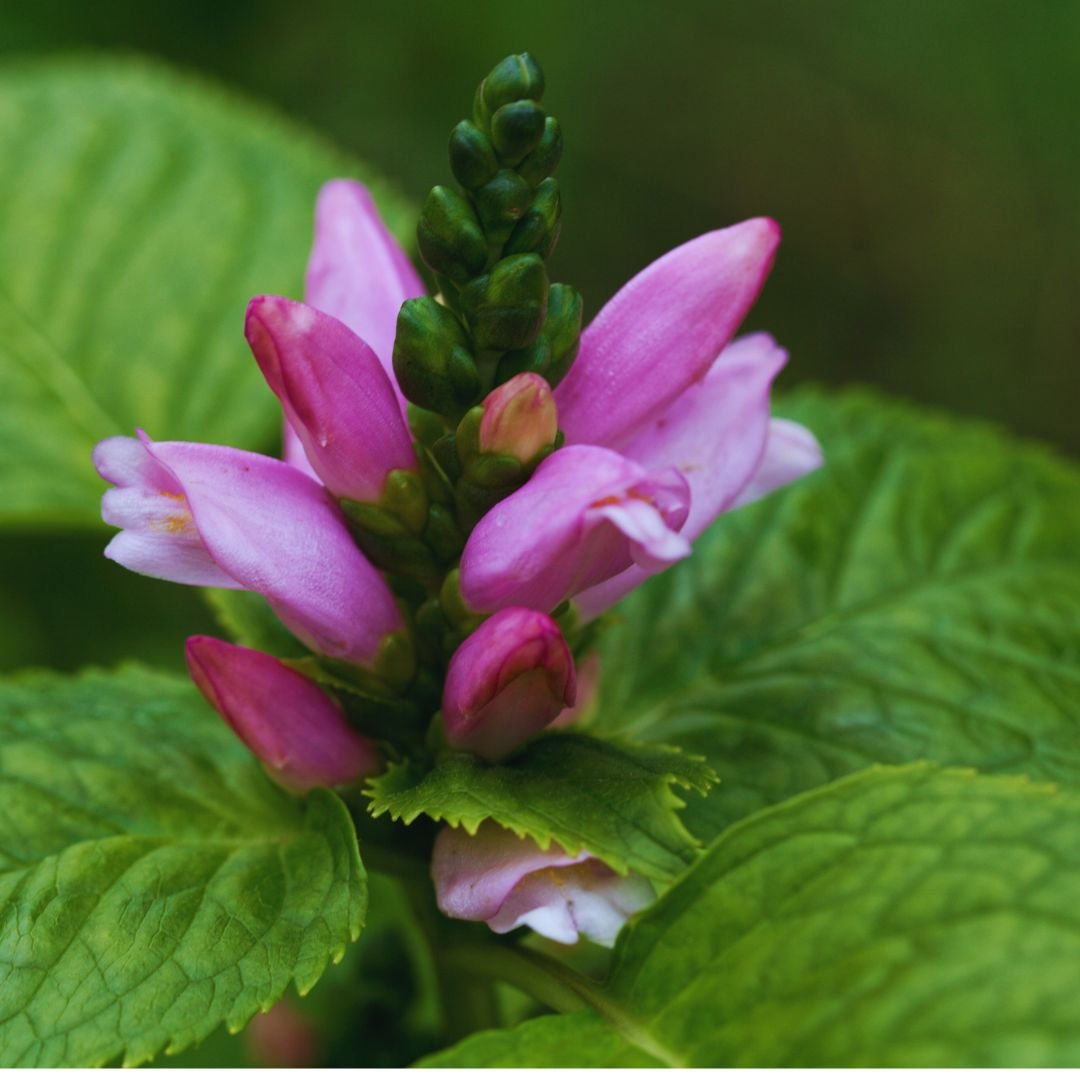
Curriculum
Crafting Your Herbal Practice
Crafting Your Herbal Practices is a virtual course.
Classes are streamed live on Tuesdays, January to March, 2026.
All classes are recorded and accessible through our Online Classroom, which includes many downloadable handouts and other class resource materials.
Patricia Kyritsi Howell and Kat Maier are the primary teachers.
They will be joined by guest teachers to be announced.
Curriculum sample below, subject to minor changes.
Welcome to Crafting Your Herbal Practice
Creating the Container: We begin by asking you to define your practice vision as you reflect on why you want to be a practitioner, your goals, and your sense of self-worth. We’ll reflect on our stories as we examine the limited beliefs that may hold us back. Emily shares ideas for strengthening and grounding your sense of self with intention and ceremony to create a safe space for you, your clients and the work you will do together.
Safety, Ethics and Healthy Boundaries in Your Practice with Emily Ruff
Safety creates a container where healing is possible. In this class, Emily introduces practice basics that ensure confidentiality, set healthy boundaries and highlight the importance of being present and bearing witness to your client’s story. She’ll also explain why devoting energy to your personal growth is essential for a successful practice.
Finding Your Community with Emily Ruff
Your practice serves your community. What does community mean? Who is your community? Who are you in the context of your community? Emily provides prompts and suggestions for answering these questions as an essential step toward creating your practice vision. We’ll also examine how social justice issues like privilege, power, gender, and race play a role in decolonizing herbalism and creating an equitable practice.
Your Practice and Lens of Assessment
Kat covers basic practice skills and shares ideas for creating your practice's physical setting, whether at home, in a shared space or in an office. Learn how to set realistic expectations with your clients, establish practice policies for payments, cancelations, etc., establish office hours and more. She’ll also share suggestions for finding your language based on the mode of practice or lens you have been trained to use in your consultations.
The Realities of Time and Money
We dive into the financial realities of clinical practice with some straight talk about how much time and money is required to start a practice, onboard a new client, research and create protocols, and stock an apothecary. She’ll present considerations for setting your fee structures, sliding scale options, and the pros and cons of offering consultation packages.
Intake Forms
Your intake form organizes and informs many aspects of your herbal practice. Kat explains the role of the intake form in shaping a consultation, shares clinical pearls from her years of practice and provides tips for creating an intake form that works for you.
The Art of the Intake
An intake is motivated by your client’s desire for support and hope that you can help them. You bring your ability to listen to their story, discern patterns and establish realistic expectations. Together, you create a therapeutic relationship that benefits both of you. Patricia shares language you can use to guide the intake, acknowledge your client’s struggles, and create a healing place. And we’ll also discuss how to use an intake to prepare for and conduct a follow-up consultation.
Healthy Boundaries for Herbalists
Herbalists serve their communities, which is a blessing and a challenge. In this class, we’ll examine issues that arise in a community-based practice, such as how to maintain confidentiality, the differences between personal and professional relationships, and tips for communicating your practice policies.
There are many reasons to establish a business entity for your herbal practice. In this session, you’ll learn about the benefits and challenges of being a Sole Proprietor and setting up a Limited Liability Corporation or Corporation. Patricia helps you understand the tax considerations for each entity, including liability protections, resale taxes, and allowable tax deductions.
Business and Tax Considerations
Growing and Tending Your Apothecary
What herbs do you need in your apothecary? We’ll show you how to determine the herbs you need, how to build your apothecary and creative ways to get herbs for your clients without a huge financial investment. Learn about wholesale accounts and how to price herbs, collect sales tax, and keep accurate apothecary records. And we’ll show you how to use Herbalista’s “Good Herbalist Practices” to document your medicine-making practices.
Crafting Client Files
Whether digital or hard copy, client files tell the story of your interactions and track your client’s progress. Kat shares her tips for keeping SOAP notes (Subjective, Objective, Assessment, and Plan) and working with other documents to create a comprehensive record of your practice.
Understanding and Using Bloodwork and Other Lab Reports
When do we need bloodwork and other laboratory tests to make an accurate assessment of a client? Kat walks you through some of the most common tests and what they reveal and shares tips for interacting with other licensed medical providers.
An Overview of Online Practice Platforms and Creating a Newsletter to Build Your Practice
Online practice platforms provide herbal practitioners with many tools to streamline their practice and keep them organized. Plus an overview of several platforms and how to use them for SOAP notes, booking appointments, sharing resources, filling herb orders, collecting payments, etcC.
Herbalist as Educator and Marketer
Herbalists constantly educate about herbalism through newsletters, social media posts, websites, and one-to-one client interactions. You’ll learn how to hone your “elevator pitch,” write a dynamic bio and create resources to support your practice. We’ll also give tips for writing for the web and explore the joys and challenges of public speaking and teaching.
Research Resources for Herbalists and Understanding Herb-Drug Interactions
Learn about the world of herbal research studies and how to access and understand reputable research data. We’ll also provide detailed information about navigating the challenge of herb-drug interactions by identifying common interactions, known contraindications and resources for tracking updates.
Final Presentations: Practice Visions
For our final class, you’ll present your practice vision and share your intentions for continuing to build and grow your practice. Each student will make a short presentation (five minutes) to the class. An evening of inspiration and celebration!










